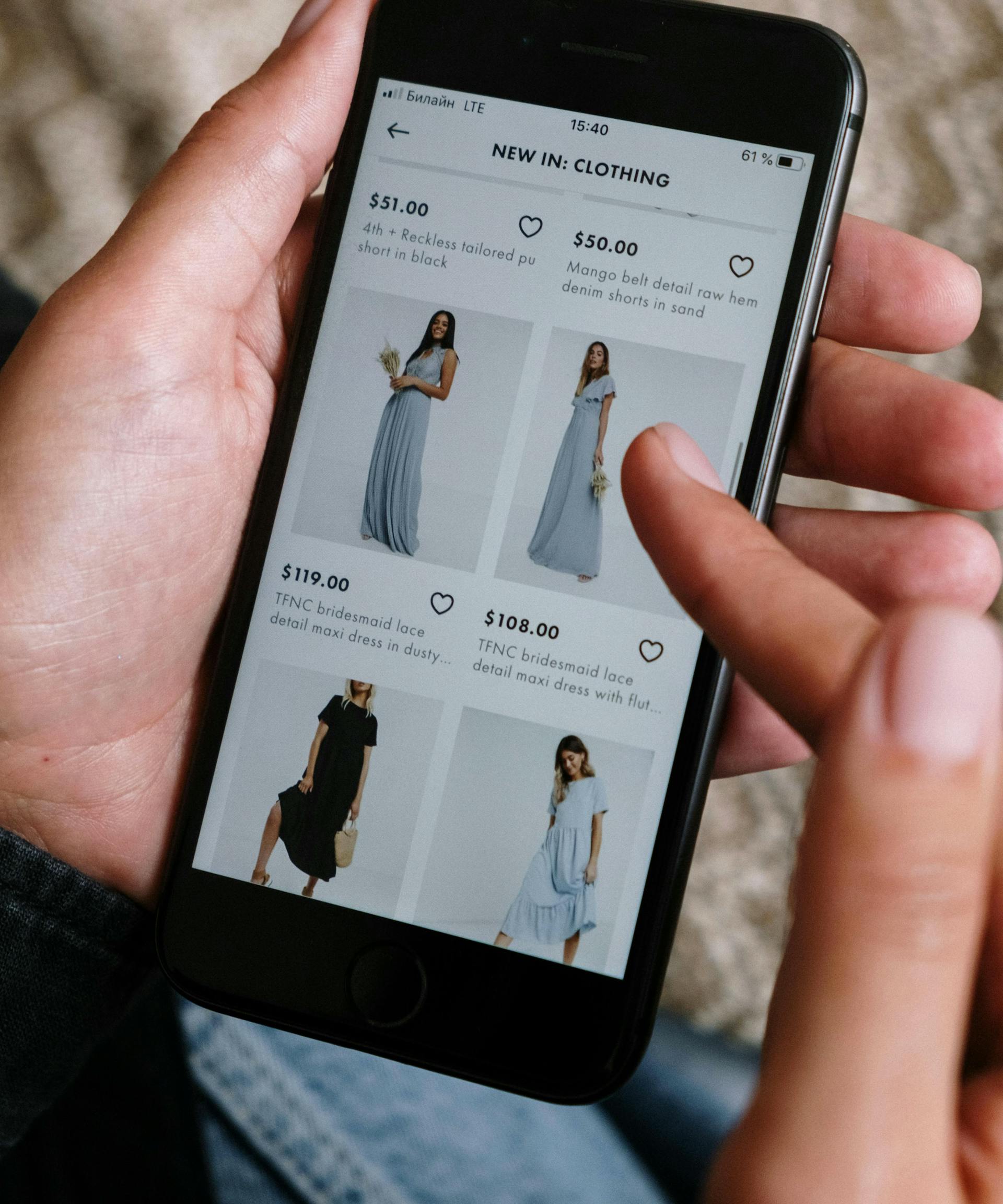Fake, AI-Generated Reviews Are Going To Be A Huge Problem For Online Shoppers
Online reviews have become a crucial tool for consumers, especially in the health and beauty industry. But as technology advances, so do the methods of deception, posing a significant threat to shoppers seeking real input in their purchasing decisions.

The allure of glowing reviews can be irresistible when it comes to buying health and beauty products. Whether it's skincare serums promising age-defying results or dietary supplements claiming miraculous weight loss, online shoppers are looking for the perfect reason to pull the trigger and spend their hard-earned cash. Unfortunately, it's only a very short matter of time before AI-generated fake reviews capitalize on this vulnerability by mimicking the language and structure of authentic reviews, making it almost impossible to detect the difference.
Already a Growing Problem
One of the biggest beauty scandals involving fake reviews happened back in 2018 when a Reddit user who said they were a former Sunday Riley employee leaked an email from the CEO telling employees to create fake Sephora accounts and post positive reviews of products. The email also included instructions on how to install a VPN, so the reviews couldn't be traced back to the company’s IP address. The email also offered advice on the type of content to include in the review.
After the leak was posted on Instagram too, the brand commented in their own defense.
“The simple and official answer to this Reddit post is that yes, this email was sent by a former employee to several members of our company,” said Sunday Riley. “At one point, we did encourage people to post positive reviews at the launch of this product, consistent with their experiences.” They also said that they did it to push back against competitors who “often post negative reviews.”
The debacle ended with Sunday Riley "settling" with the Federal Trade Commission and agreeing not to post any more fake reviews, but the company did not admit wrongdoing or receive any form of punishment.
Naturally, this raised flags for many online shoppers, especially given all the ways to make them untraceable and anonymous. Many of us have wondered if all the glowing reviews you see on large platforms like Amazon, Sephora, and Ulta are really genuine. And now, with AI technologies improving at lightning speed, we have even more reasons to be on guard.
How AI Will Change the Game
One of the primary concerns with AI-generated fake reviews is their potential to mislead consumers into purchasing products that may be ineffective or even harmful. For instance, a pricey skincare product with fabricated positive reviews may lure consumers into believing it can solve their skin concerns, only to disappoint or cause adverse reactions. Similarly, dietary supplements endorsed by artificial testimonials could lead individuals to adopt unhealthy or unsafe practices in pursuit of unattainable results. The fake reviews likely won't be limited to words, either. They'll also take the form of videos and images.
By undermining trust, deceiving consumers, and compromising the integrity of online platforms, fake reviews will further undermine informed decision-making.
Similarly, fake reviews could be used to fuel harassment and bullying online. It's already common practice for pathetic people on the internet to target a person's business or employer if they disagree with their opinions, so it's not hard to imagine how such people will try to use AI-generated reviews to create even more pain for those they dislike.
Ultimately, when genuine reviews are drowned out by a sea of fabricated ones, consumers lose faith in the credibility of online reviews altogether, rendering them less useful as a resource for informed decision-making. This erosion of trust not only harms consumers but also undermines the reputation of brands and businesses.
Possible Solutions
Addressing the issue of AI-generated fake reviews requires a serious effort from various stakeholders. Online platforms and regulatory entities can take some action, but ultimately the burden will fall on shoppers to more carefully consider their purchases. Many people have been speculating that the "era of the influencer" is over, but maybe it'll make a comeback as shoppers seek out a real person they can trust to advise them on the latest and greatest products. But, very soon, it'll probably be hard to figure out which influencers are real and which ones are AI-generated. Perhaps what's more likely is a new industry of websites and apps dedicated to detecting AI content. Let's just hope they're good at it.
Evie deserves to be heard. Support our cause and help women reclaim their femininity by subscribing today.